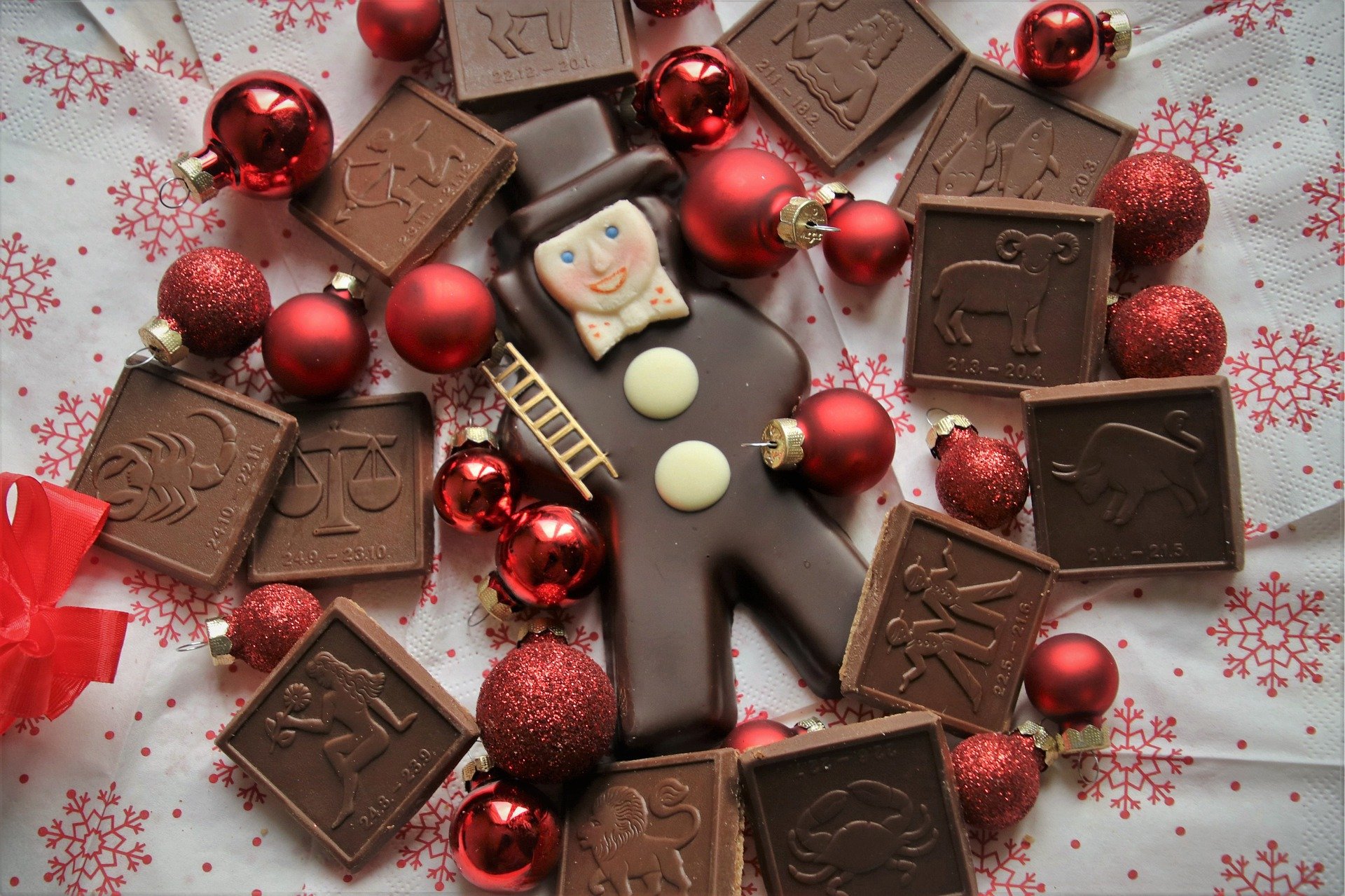Stable microbiome
Everyone has a different, specific composition of microbial species in their intestines. The composition remains relatively stable throughout your lifetime, but the ratio between the species can change quickly. Scientists have discovered that a change in your diet will be reflected in your intestinal microbiota within a few days. For example, if you switch to a diet full of meat and cheese, the number of bacteria that break down plat-based foods will decrease significantly. Eating vegetables can help you keep the intestinal population stable.
So fibre is good for your health. Researchers conducted an experiment examining the intestinal microbiome of mice that switched from high-fibre chow to a diet that was high in fat, sugar and protein . This had a direct effect on the health of the mice. Common strains of bacteria became rare, and rare strains increased. Their intestines became smaller, and got more inflammation in the intestines.
Another study revealed that fat has a rapid effect on your intestines. Within 24 to 48 hours of eating fatty foods the number of bacteria responsible for fat absorption increases. These bacteria release enzymes that digest that fat, then stimulate its absorption in the small intestine. If the bacteria are continuously present, this can lead to excessive intake of fat and thus will gain weight.
Pick red wine and chocolate
Fatty foods are not the only culprits in December. At Christmas receptions and parties, alcohol usually flows freely, and Christmas boxes often include a bottle of wine or some beer. Alcohol itself does not influence your intestinal microbiome. Alcohol never even reaches your intestines, as it is absorbed into your blood. However, the rest of the drink does reach your intestines, where it has an influence on the bacterial diversity. The greater the microbial richness in your intestines, the healthier you are. The consumption of red wine, chocolate, coffee, tea, fruit and buttermilk was found to be associated with gut microbes that were more diverse and, therefore, more healthy. Whole milk, soft drinks, snacks and beer, on the other hand, have the opposite effect.
New Year's resolutions
Getting your microbiome back in a healthy state after December does not require major changes. A study into how this desired change in the intestinal microbiome could be brought about through exercise revealed that it only takes a few weeks of endurance training to change the composition and function of your intestinal microbes. Just six weeks later, those who stopped exercising after the study had more or less same microbiome as prior to participating. This means that, even if your microbiome takes a hit during the festive month of December, it will soon have its normal composition again if you resume your usual routine in January.

